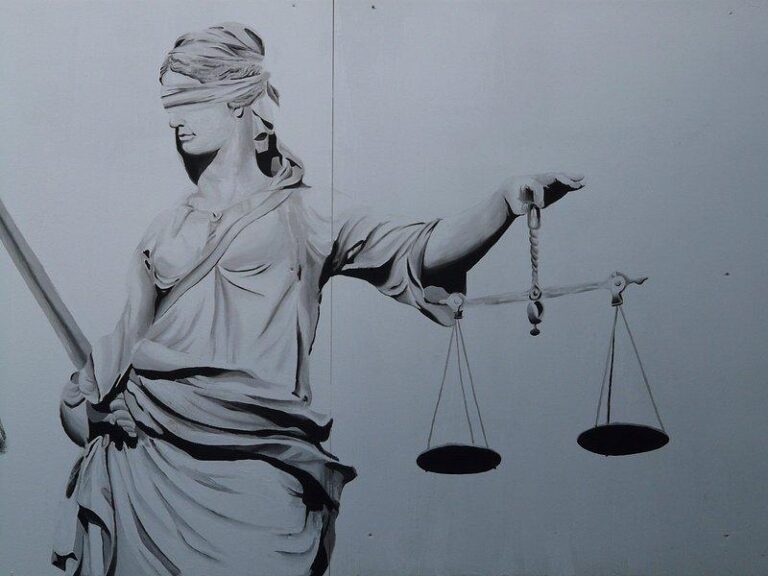Rule 2 of the Utah Rules of Civil Procedure states, “There shall be one form of action to be known as ‘civil action.’”
A civil action is a legal dispute between two or more parties that involves claims for monetary damages or specific relief, other than criminal sanctions. If you’re considering filing a civil action in Utah, the article may help you understand the process and what’s involved in suing another party.
Basic Steps in Litigation.
1. Determine the Basis for Your Claim: Identify the legal grounds for your claim. Examples include claims for breach of contract, negligence, fraudulent misrepresentation, and others.
2. Consult an Attorney: While it’s not mandatory to have an attorney, consulting with one can help clarify your legal rights and the strength of your case. Keane Law, PLLC, provides free confidential initial consultations.
3. Draft and File a Complaint: Prepare and file a complaint with the appropriate Utah court, outlining your claims against the other party. This document must include the parties involved, a statement of the facts, and the relief sought. Specific rules of pleading apply, and they must be followed. That’s why hiring an attorney is always a good idea.
4. Serve the Defendant: After filing, you must serve the defendant with a copy of the complaint and a summons. This ensures the defendant is aware of the legal action.
5. Defendant’s Response: The defendant will have a specified period to respond to your complaint by admitting or denying the allegations. The defendant can also bring a motion to dismiss.
6. Discovery Phase: After the defendant answers the complaint, each party must prepare and serve initial disclosures. Then both parties exchange evidence and information relevant to the case. This may include document requests, interrogatories, and depositions.
7. Motions: Either party may file motions to resolve specific issues before the trial, such as motion to dismiss or for summary judgment.
8. Trial: If the case does not settle, it will proceed to trial, where both parties present their evidence and arguments. A judge or jury then decides the facts of the case, and the judge determines questions of law.
9. Post-Trial Motions: After the trial, parties may file motions related to the trial outcome, such as a motion for a new trial or to appeal.
10. Enforcement of Judgment: If a party wins at trial, the judge will issue a final judgment. That judgment can be enforced by seeking garnishment, or a sheriff’s property sale.
Estimated Costs Involved
The costs associated with a civil action in Utah vary widely based on several factors, including the case’s complexity and whether you choose to work with an attorney. Here are some typical costs to consider:
Court Fees: The Utah Courts publish the filing fees online. A typical civil filing fee is $375 plus $250 for a jury demand. Additional fees may apply.
Attorney Fees: Attorneys may charge hourly rates ranging from $250 to $500 per hour, or they may offer flat fees for specific services. Attorneys may also negotiate contingency fee agreements with their clients.
Costs of Discovery: Depositions, copies, and other discovery-related expenses can add up; they might range from a few hundred to several thousand dollars. The cost of serving discovery on the other party and reviewing and responding to their requests can be time-consuming. Discovery is often the most expensive aspect of Utah civil litigation.
Expert Witness Fees: If you require expert testimony, fees can vary from $100 to $500 per hour, depending on the expert’s qualifications. Not all cases need an expert witness
Trial Expenses: Costs for trial preparation, additional filing fees, and other associated expenses can contribute significantly to overall costs.
Conclusion
Filing a civil action in Utah involves several steps and can entail various costs. Understanding the process and budgeting for potential expenses is crucial for managing your legal situation effectively. It is advisable to consult with a legal professional to navigate the complexities of your case.

